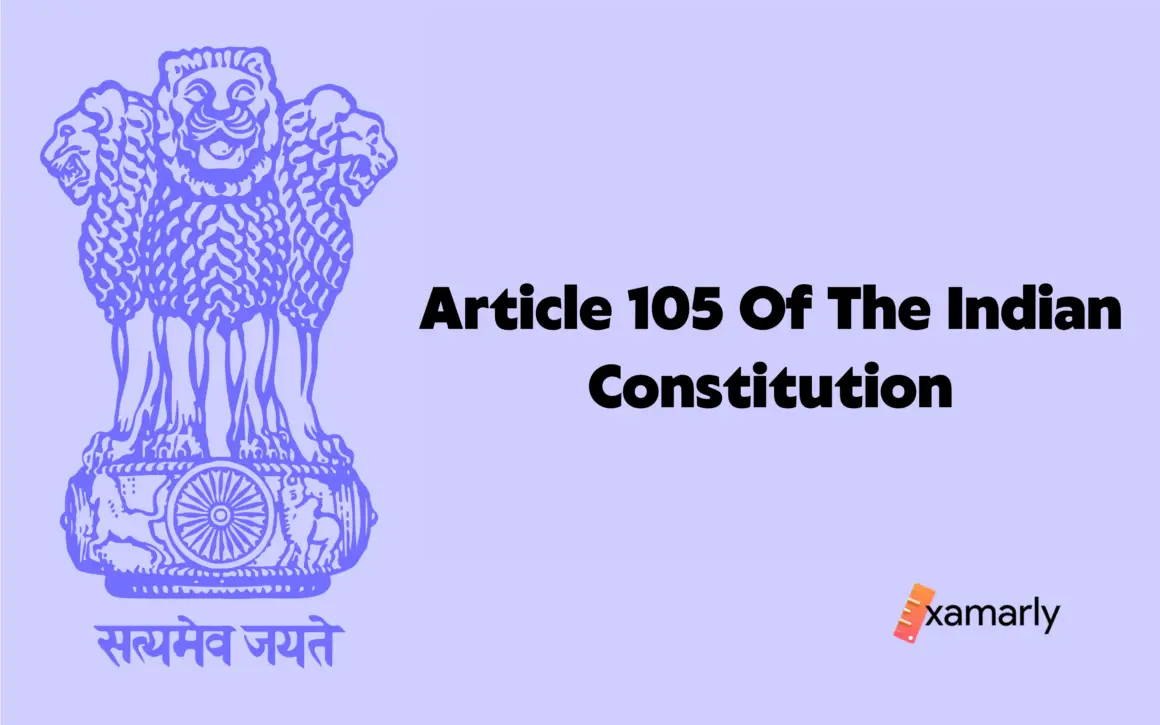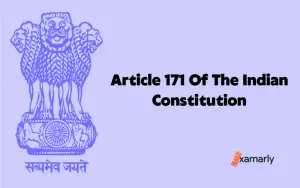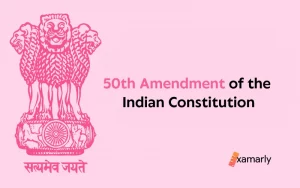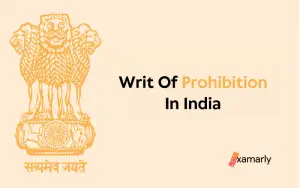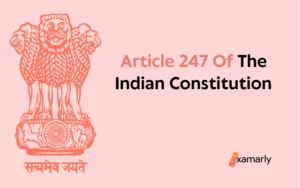Article 105 of the Indian Constitution talks about the privileges and rights of the members of the Parliament. These rights apply to all the members and committees of both Houses of Parliament.
Before delving deep into what is being said and done. Let us reflect on why is there a need to define rights and privileges exclusively for the members of the Parliament when we already have all the rights defined for the citizens of the country as a whole.
It will be difficult to apply the general rights and privileges of a citizen in the House of Parliament. Some of the rights may go in sync with the decorum of the House, but some may not. Thus, to maintain the decorum of the House while preserving the freedom of speech of every individual who is a member of the House, it was important to define some Parliamentary privilege under the scenario of proceedings.
Article 105 Of The Indian Constitution – An Overview
Article 105 of the Indian Constitution defines all the privileges that a member of the House has. It talks about how the arguments and notions that are presented while in the sitting cannot be used against them in any court.
It talks about how these rights are going to be kept in check. It also discusses how the Parliament can always update edit or nullify any right if it has to.
We will get a deep understanding of each and every aspect of Article 105 of the Indian Constitution by analyzing all the clauses present in the Article one by one.
Related Article
- Article 99 Of The Indian Constitution
- Article 103 Of The Indian Constitution
- Article 104 Of The Indian Constitution
Article 105 Of The Indian Constitution – In Detail
Clause 1 – As it is & Explained
“(1) Subject to the provisions of this constitution and the rules and standing orders regulating the procedure of Parliament, there shall be freedom of speech in Parliament”
The first clause of Article 105 of the Indian Constitution says that in the context of the standing orders that are regulating the procedures of the Parliament and with reference to our Constitution, there shall be the freedom of speech in Parliament. That implies the right of a member to keep his point in front of the House without any restrictions.
Every member has the right to speak and should not be oppressed from keeping his point. Thus clause 1 of Article 105 in a way provides freedom of speech in the Parliament.
Clause 2 – As it is & Explained
“(2) No member of Parliament shall be liable to any proceedings in any court in respect of anything said or any vote given by him in Parliament or any committee thereof, and no person shall be so liable in respect of the publication by or under the authority of either House of Parliament of any report, paper, votes or proceedings”
Clause 2 of Article 105 of the Indian Constitution says that whatever notion a member puts verbally can never be questioned in any court of the country. That means anything said by a member or any vote given by him in the Parliament or in any committee there can never be used against him by questioning it in the court.
The second clause is also applicable in the same way in regard to any written notion given by a member in a report, paper, vote, or proceedings. Be it any House of Parliament, no written vote given by a member can be used against him in any of the courts of the country.
Clause 3 – As it is & Explained
“(3) In other respects, the powers, privileges and immunities of each House of Parliament, and of the members and the committees of each House, shall be such as may from time to time be defined by Parliament by law, and, until so defined shall be those of that House and of its members and committees immediately before the coming into force of Section 15 of the Constitution (Forty fourth Amendment) Act 1978”
The third clause of Article 105 of the Indian Constitution says that the Parliament lawfully can always redefine, change or improvise the privileges of the members and the committees for both Lok Sabha and Rajya Sabha from time to time.
Until the time Parliament lawfully defines powers, privileges, and immunities for the members’ committees of the Lok Sabha and Rajya Sabha, the members, and the committees will have the powers which were there with them before section 15 (44th Amendment of the Indian Constitution) came into effect.
Clause 4 – As it is & Explained
“(4) The provisions of clauses ( 1 ), ( 2 ) and ( 3 ) shall apply in relation to persons who by virtue of this constitution have the right to speak in, and otherwise to take part in the proceedings of, a House of Parliament or any committee thereof as they apply in relation to members of Parliament”
The fourth clause of the constitution says that clauses 1, 2, and 3 will also apply to those who are not members of the Parliament but do participate in the sitting and discussions. These are the people who are not a member of the Parliament but has the to speak in and participate in the discussions. This right has been provided to them by the constitution of India.
Attorney General is one such example who is not a member of the Parliament but does participate in sittings. Now, since these clauses apply to all the members and committees, these will apply to those who are not members but do take part in the proceedings.
FAQs
Who has the authority to define all the provisions related to the rights and powers of the Members Of Parliament?
The Parliament has the authority to define all the provisions related to the rights and powers of the Members Of Parliament.


